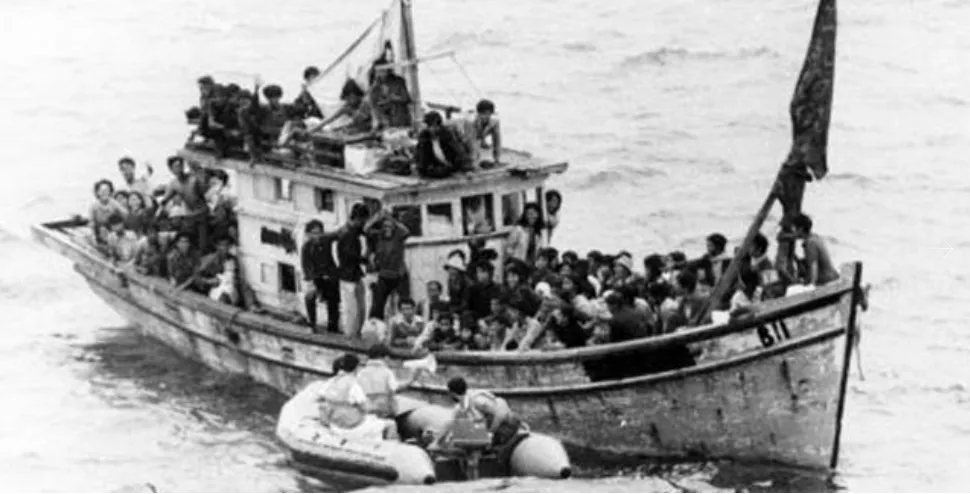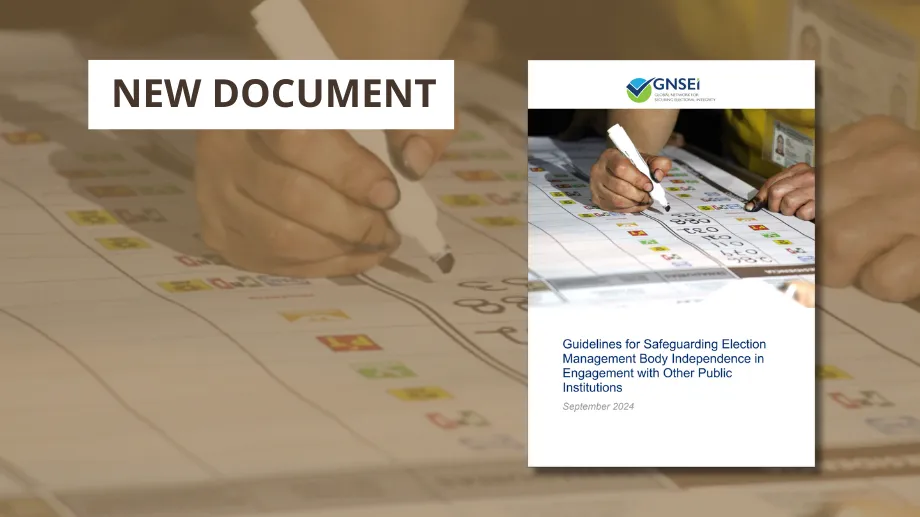The Way We Were: Humanitarian Missions and Boat People, Yesterday and Today

Overwhelming flows of migrants who board fragile boats to seek refuge and shelter in neighboring countries. The refusal by some of such countries to accept refugees. The blockage of their fragile boats in high waters, exposing them to an uncertain fate. It may sound like today, but it happened forty years ago...
Disclaimer: Views expressed in this commentary are those of the staff member. This commentary is independent of specific national or political interests. Views expressed do not necessarily represent the institutional position of International IDEA, its Board of Advisers or its Council of Member States.
A bloody violent conflict protracted for many years, whose solution is hampered and delayed because of the interests of superpowers in perennial competition among themselves. Civilian populations suffering the consequences of decades of wars, economic downfall and serious political and social tensions. Overwhelming flows of migrants who board fragile boats to seek refuge and shelter in neighboring countries. The refusal by some of such countries to accept refugees. The blockage of their fragile boats in high waters, exposing them to an uncertain fate. It may sound like today, but it happened forty years ago.
The international waters were not those of the Mediterranean Sea of our time; they were in the South China Sea at the end of the Seventies. The refugees were not escaping Syria or Africa but Vietnam. Those who, after the initial acceptance of the first groups of displaced persons, denied access to their ports because they thought that granting refuge to them would have incentivized what they deemed was an exodus of biblical proportions, were not the rich European nations of our days, but several South Asian countries. Since then, many things have changed.
To read the full commentary, please visit the original source: iiTaly.org




